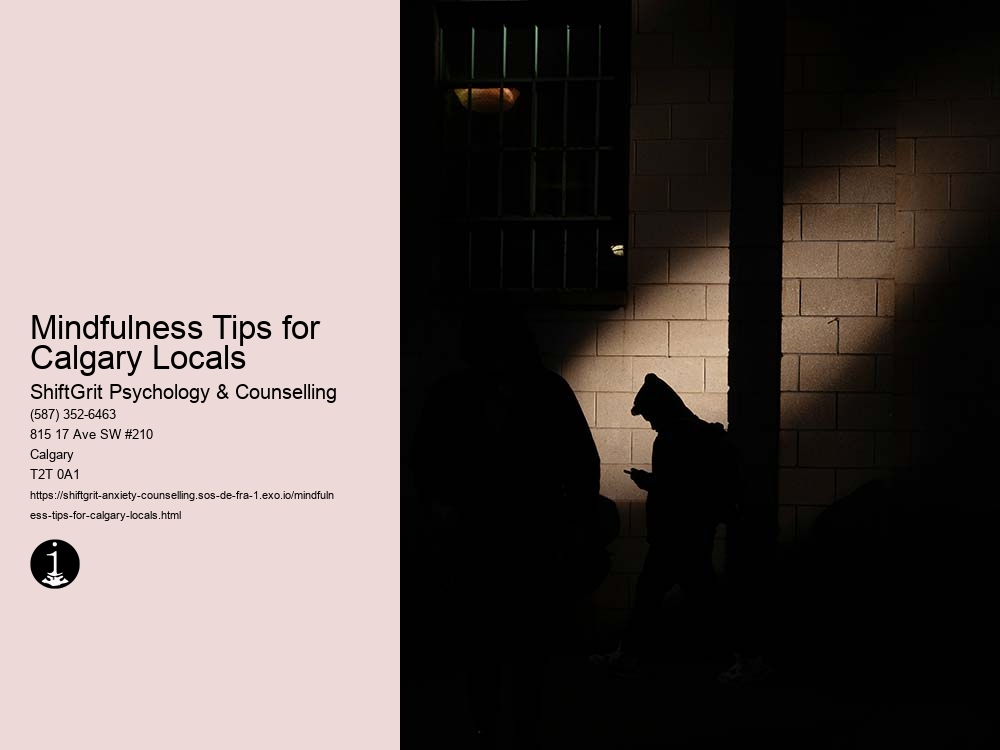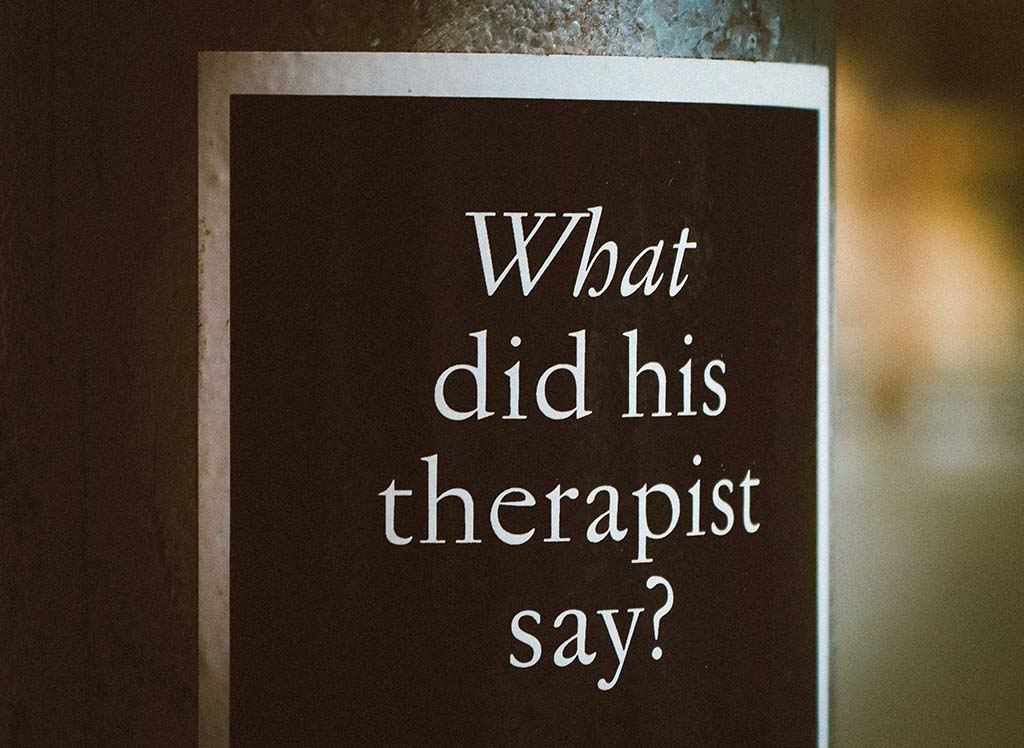Anxiety attack are sudden durations of intense fear and pain that may include palpitations, otherwise defined as a rapid, uneven heart beat, sweating, chest pain or pain, shortness of breath, trembling, lightheadedness, tingling, complication, or a sense of impending doom or loss of control. Generally, these signs and symptoms are the most awful within 10 mins of onset and can last for approximately half an hour, though they can differ anywhere from secs to hours. While they can be exceptionally traumatic, panic attacks themselves are not physically dangerous. The Diagnostic and Statistical Manual of Mental Illness, 5th Version (DSM-5) defines them as "an abrupt surge of extreme fear or extreme discomfort that gets to a top within minutes and during which time 4 or even more of the following symptoms take place." These signs include, however are not limited to, the ones stated above. Anxiety attack work as a marker for assessing intensity, course, and comorbidity (the simultaneous presence of two or even more medical diagnoses) of various conditions, consisting of stress and anxiety disorders. Thus, panic attacks can be applied to all disorders discovered in the DSM. Panic attacks can be brought on by an identifiable source, or they might take place without any warning and without a specific, recognizable circumstance. Some known reasons that enhance the danger of having an anxiety attack consist of medical and psychiatric problems (e. g., panic disorder, social anxiety problem, post-traumatic stress disorder, material use condition, depression), compounds (e. g., pure nicotine, high levels of caffeine), and psychological stress and anxiety. Prior to making a medical diagnosis, doctors look for to remove various other problems that can create comparable signs, such as hyperthyroidism (an over active thyroid), hyperparathyroidism (an over active parathyroid), cardiovascular disease, lung condition, and dysautonomia, condition of the system that regulates the body's involuntary procedures. Treatment of anxiety attack ought to be directed at the underlying reason. In those with frequent assaults, counseling or medicines may be used, as both preventative and abortive steps, ones that quit the assault while it is taking place. Taking a breath training and muscle mass leisure methods may also be useful. Anxiety attack frequently show up frightening to both those experiencing and those witnessing them, and usually, people tend to assume they are having heart attacks because of the signs and symptoms. However, they do not trigger any type of genuine physical damage. Previous research studies have actually suggested that those who experience anxiety-related disorders (e. g., panic disorder) go to higher risk of suicide. In Europe, around 3% of the population has an anxiety attack in a provided year, while in the USA, they impact about 11%. Anxiety attack are a lot more prevalent in females than males and typically start throughout adolescence or very early adulthood. Youngsters and older adults are less typically influenced.
.



